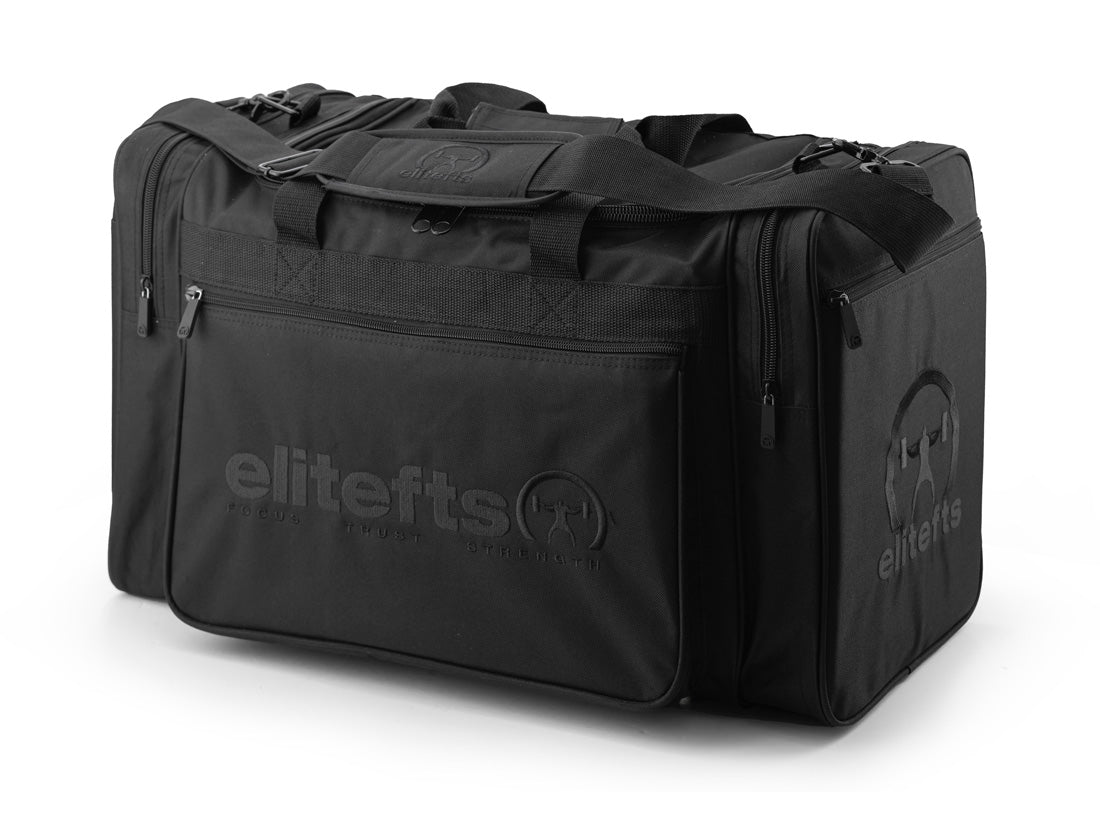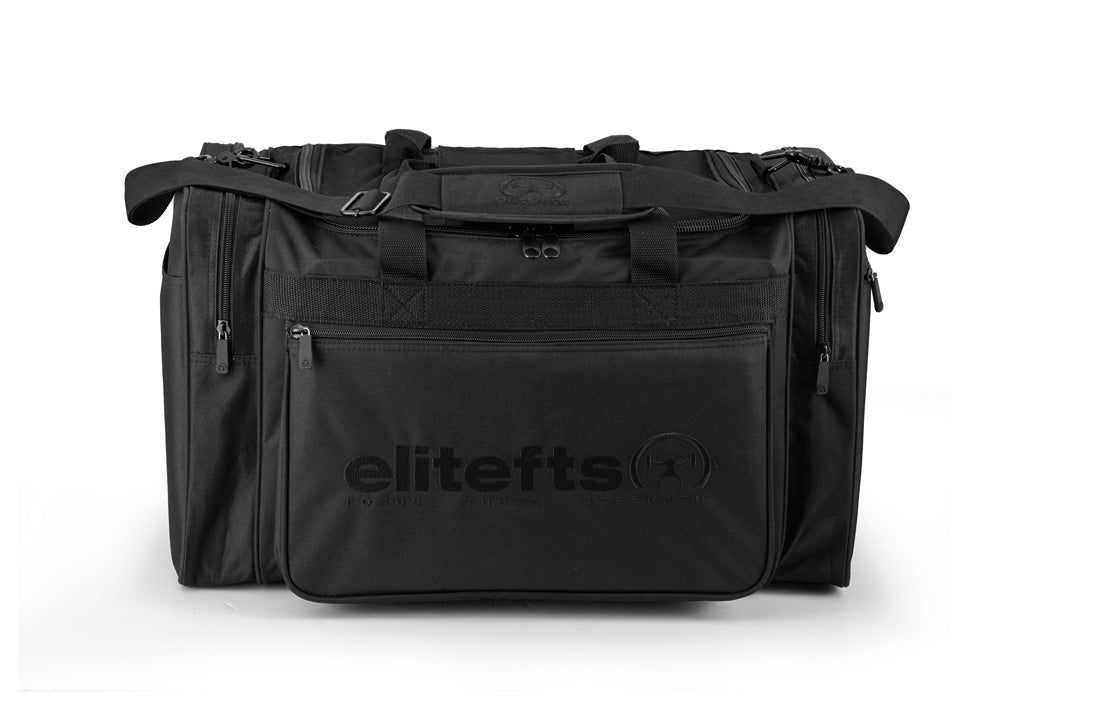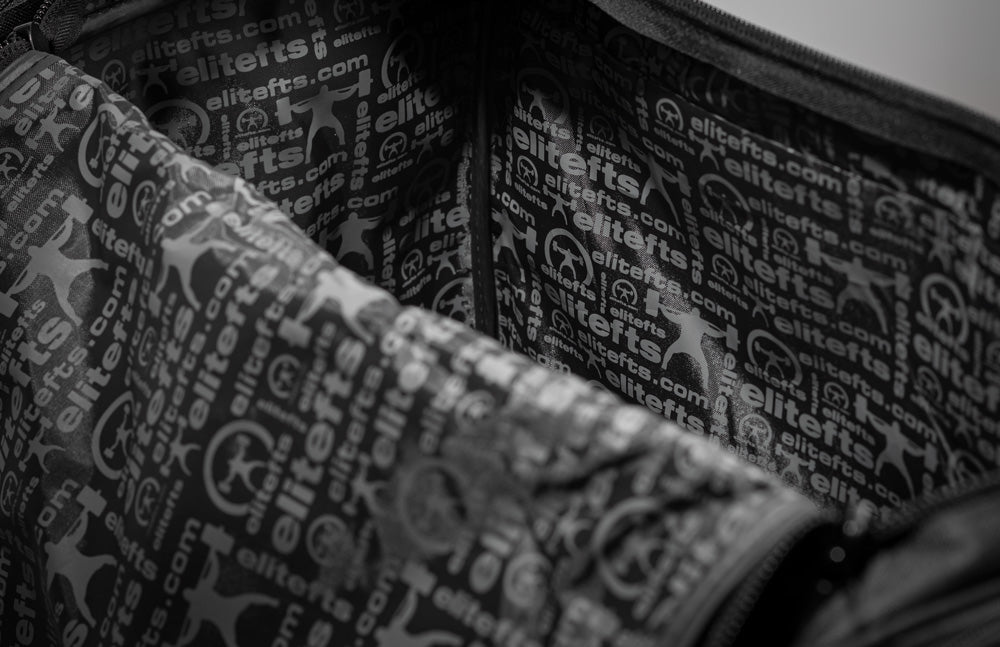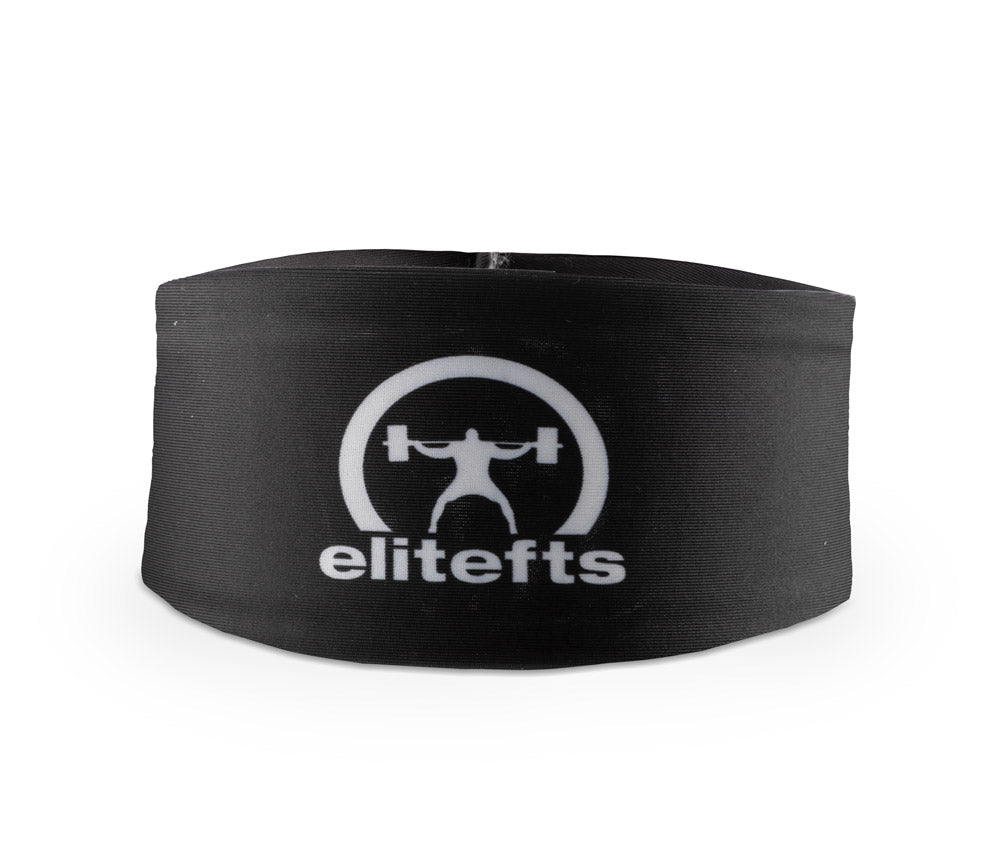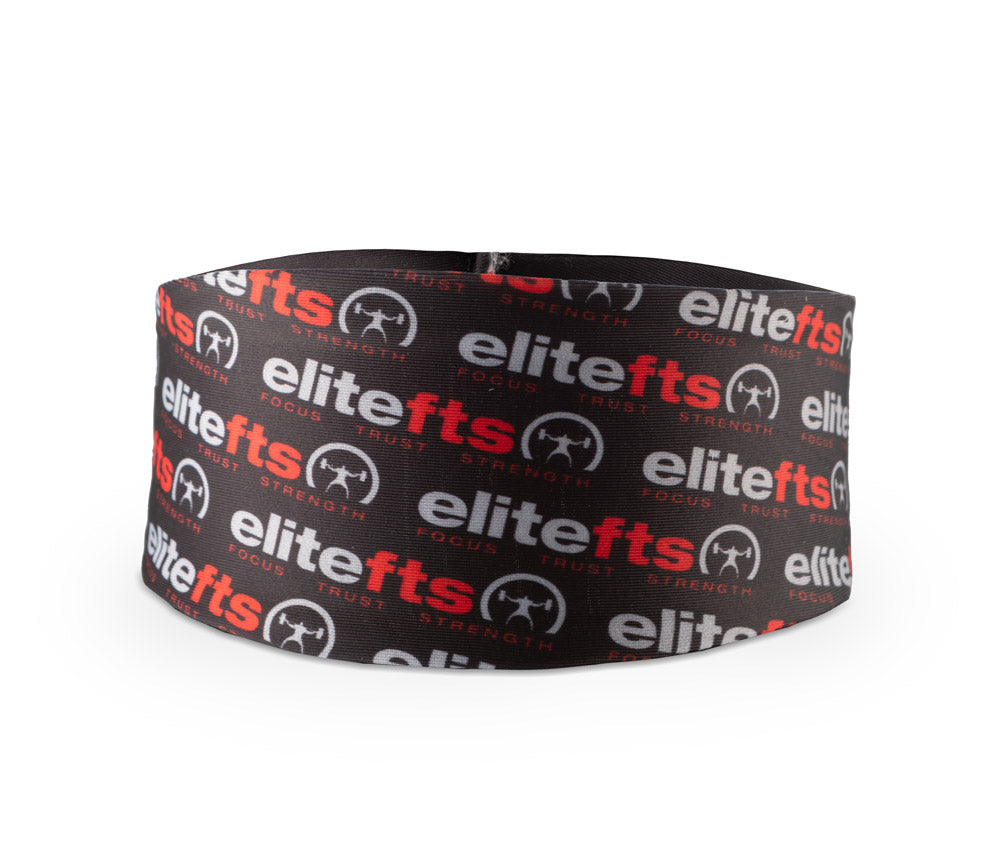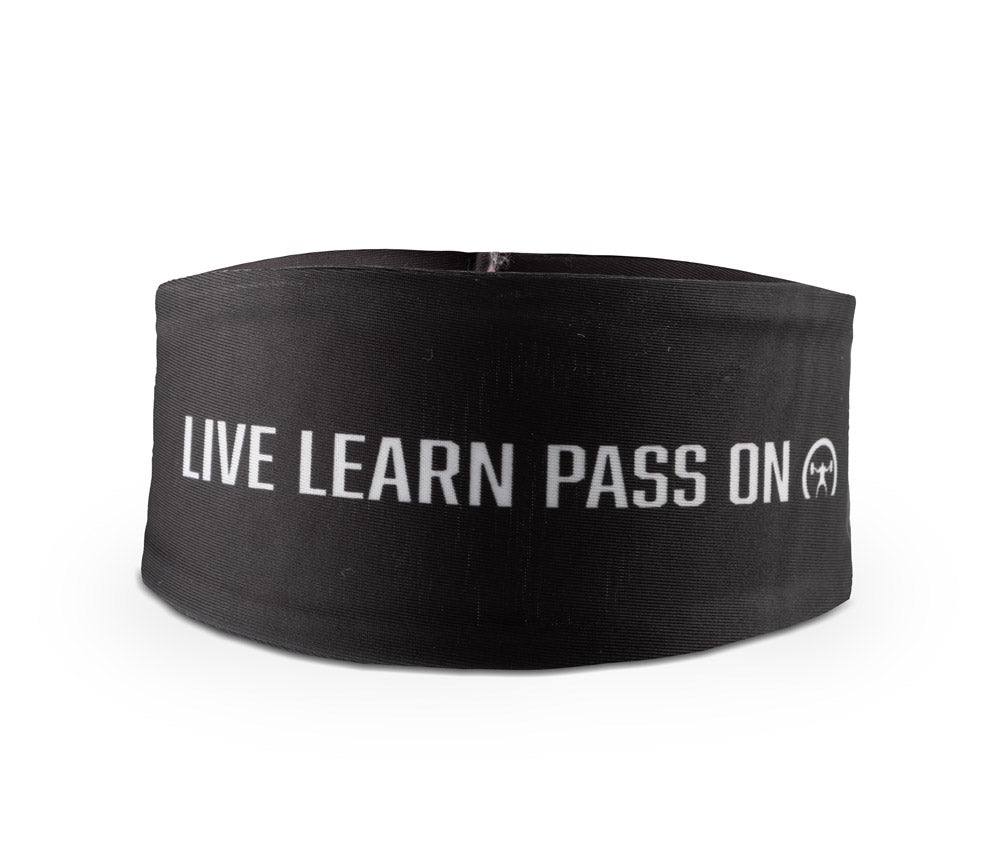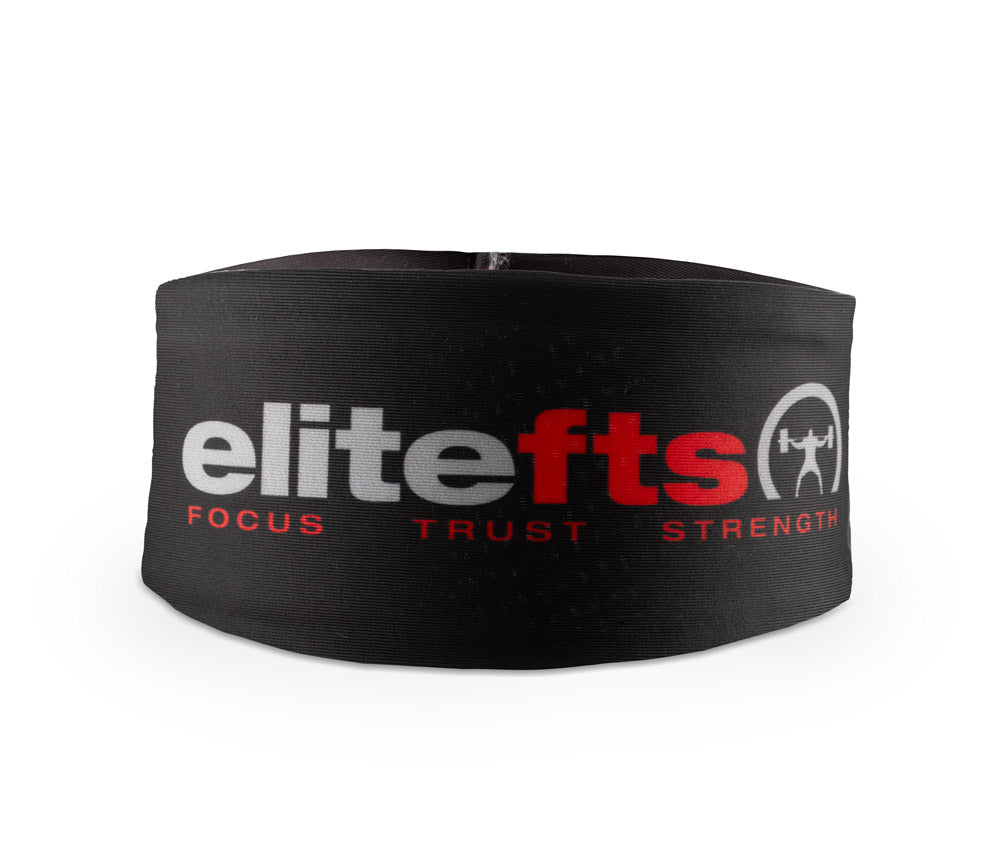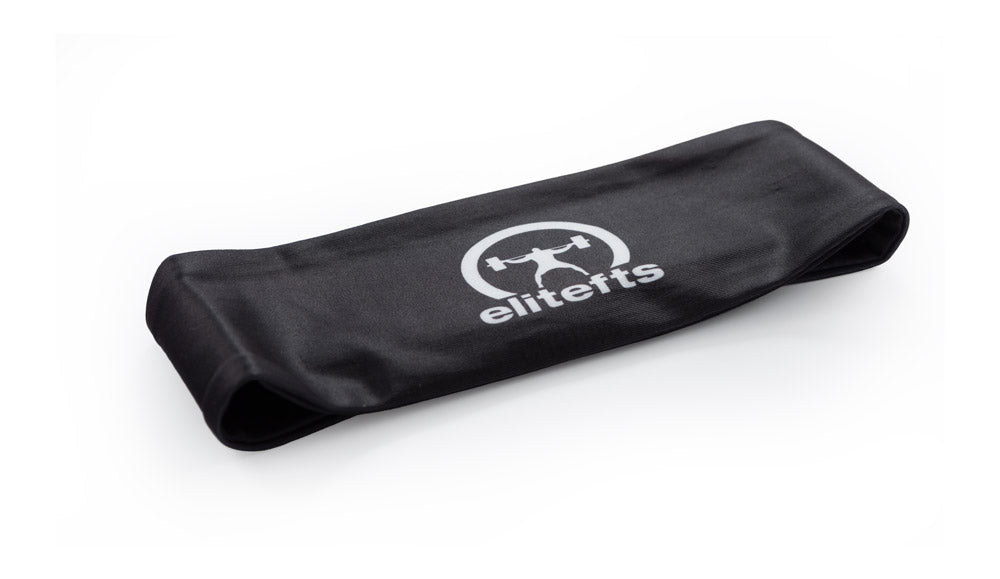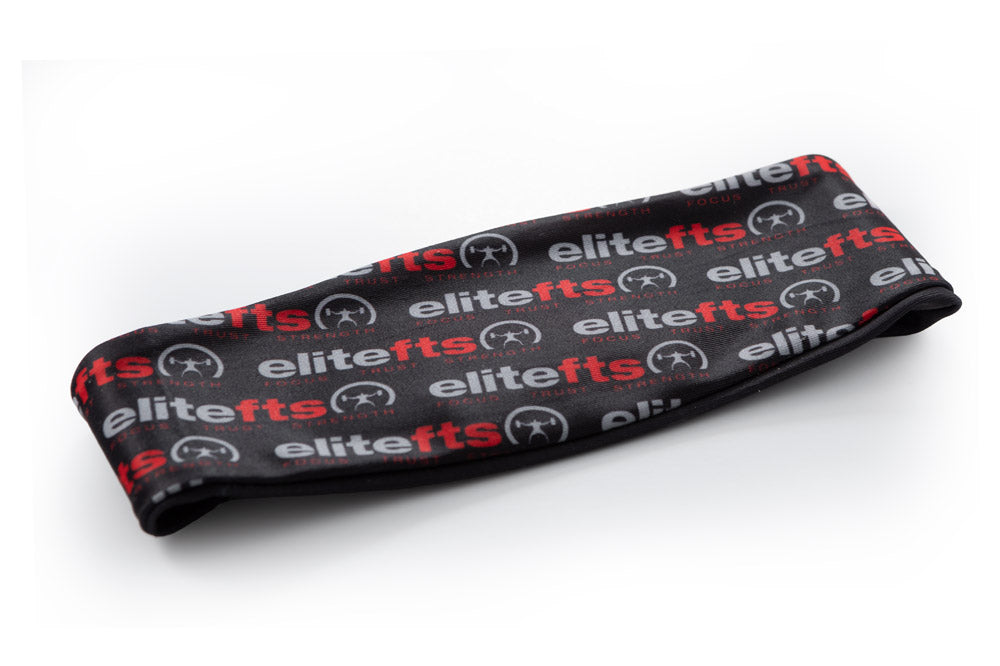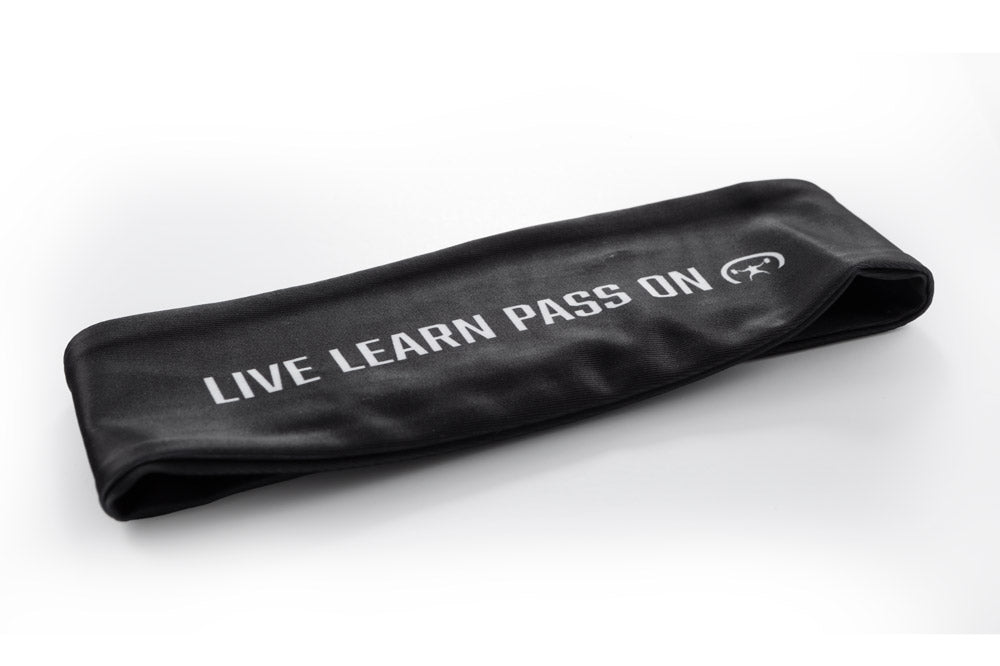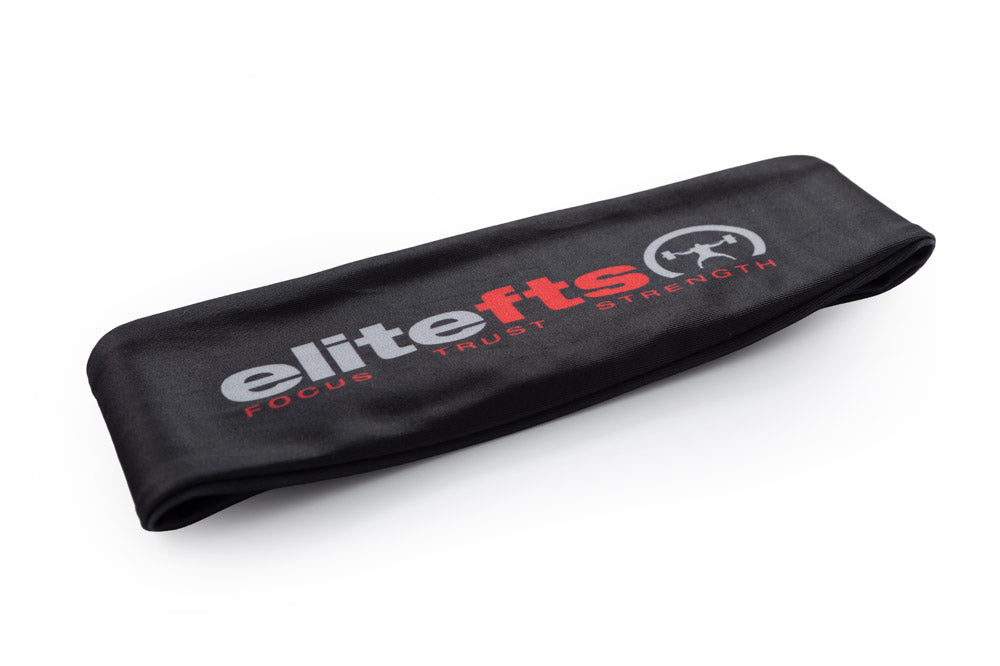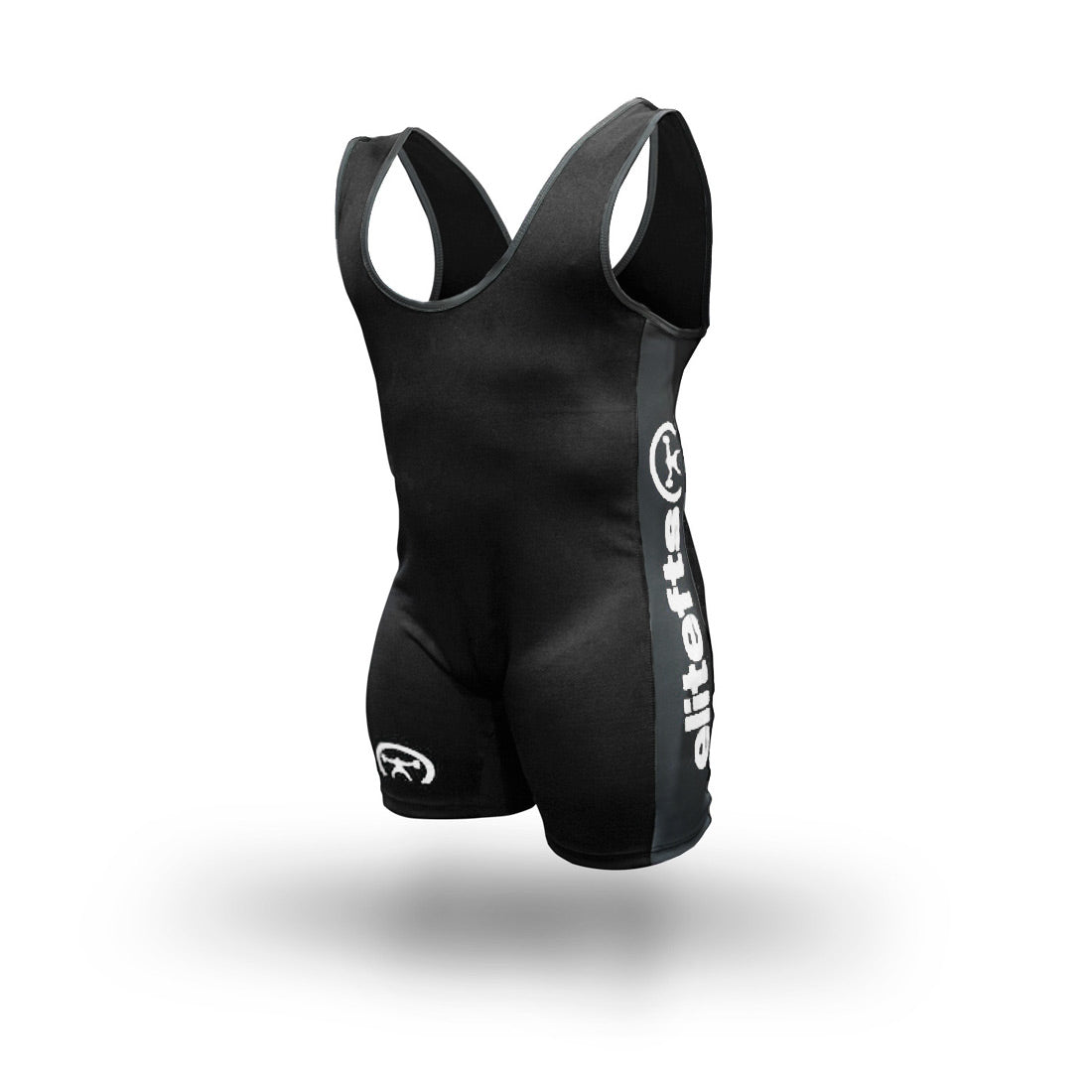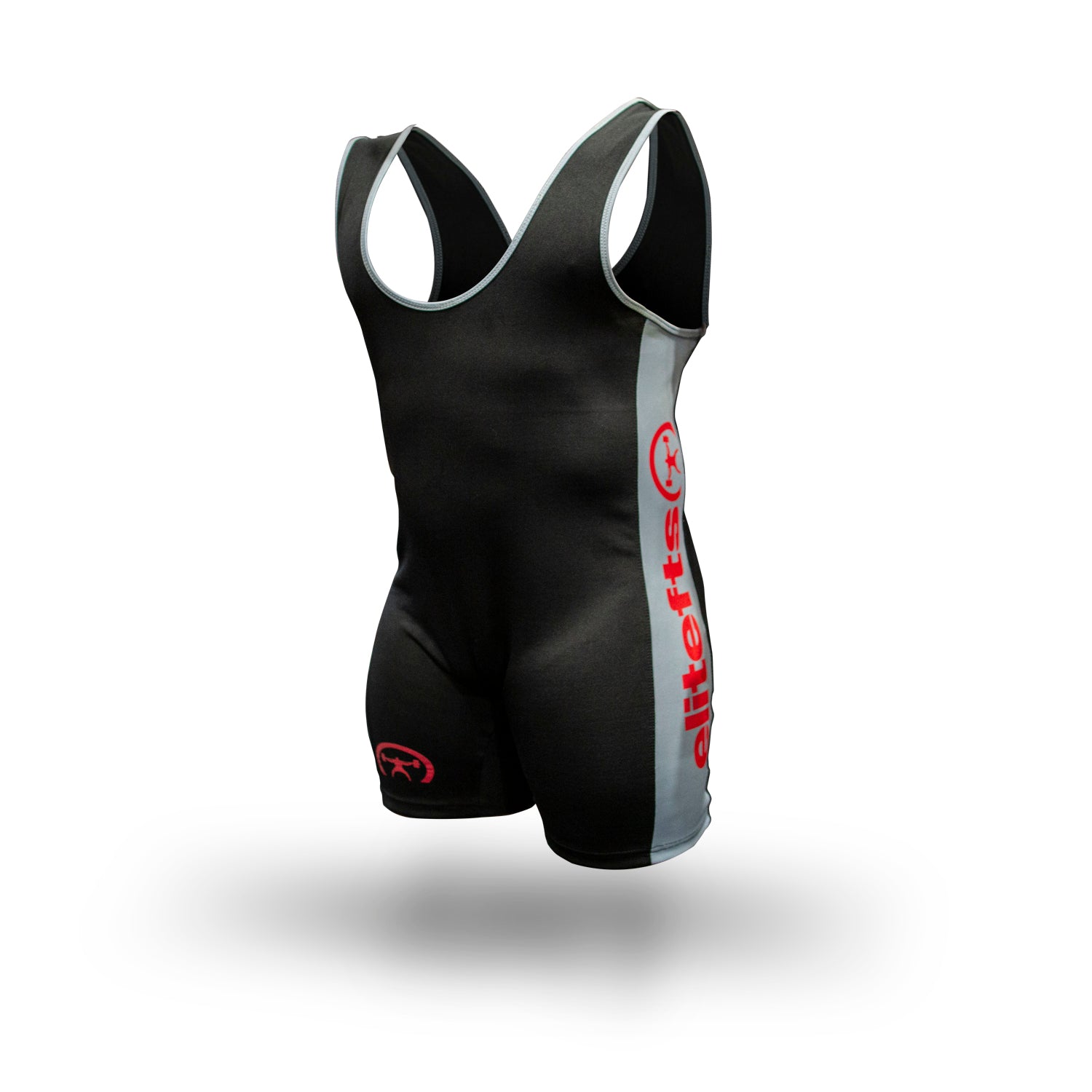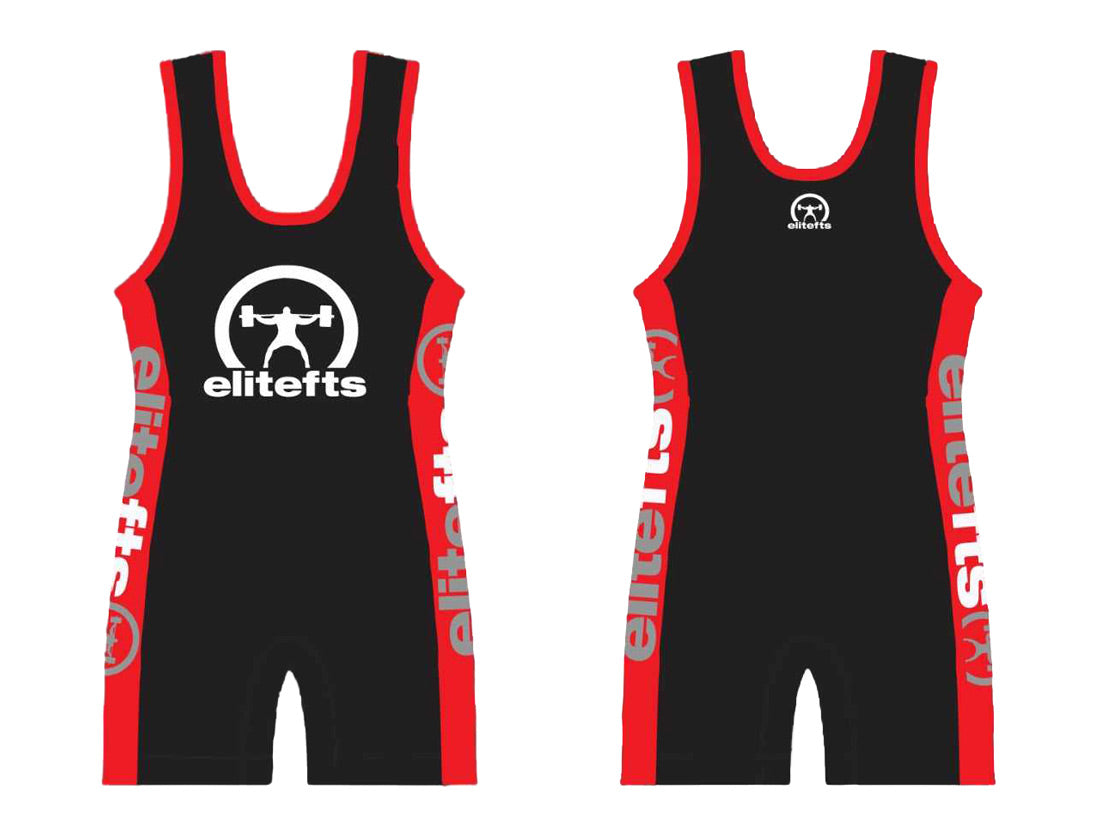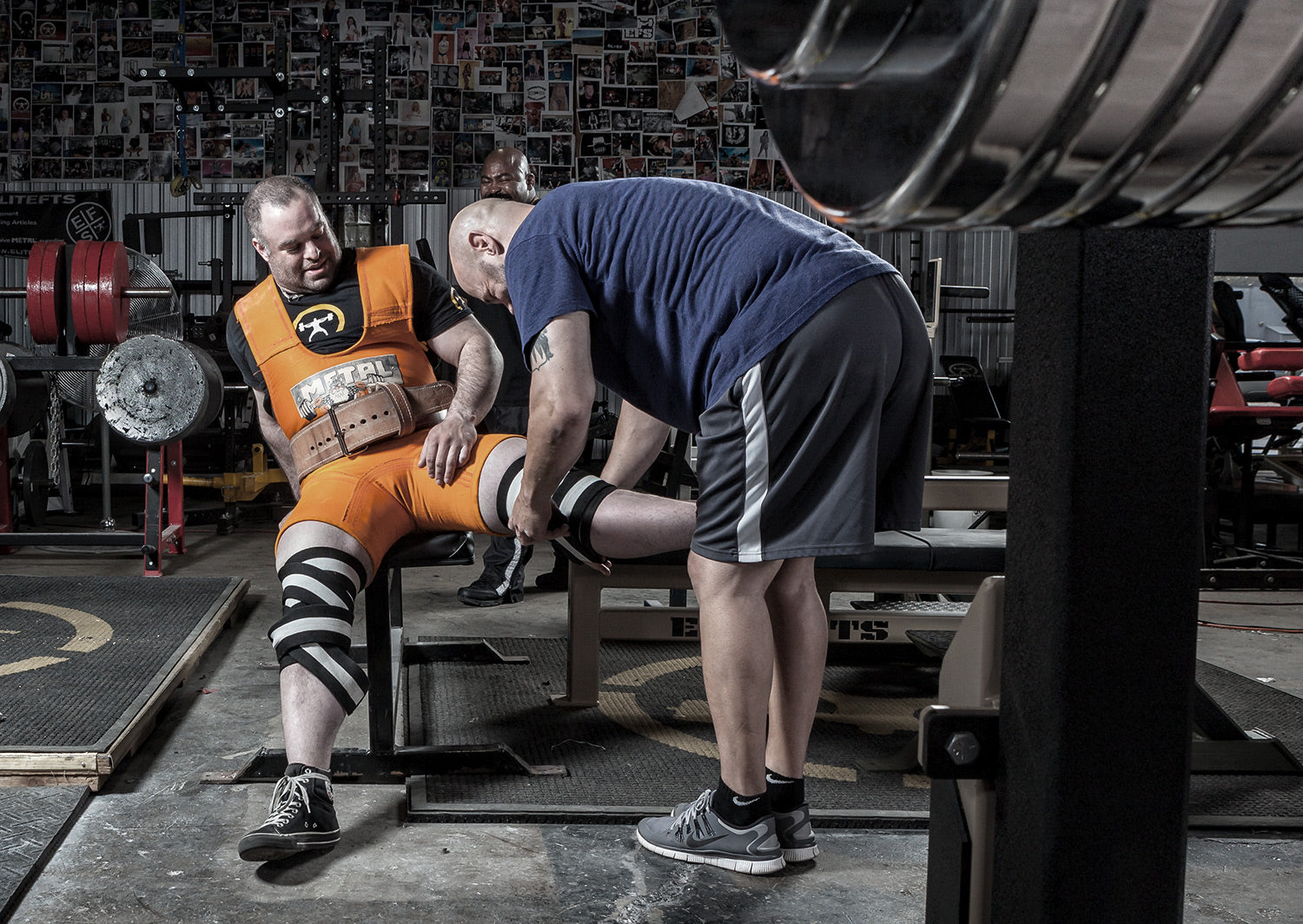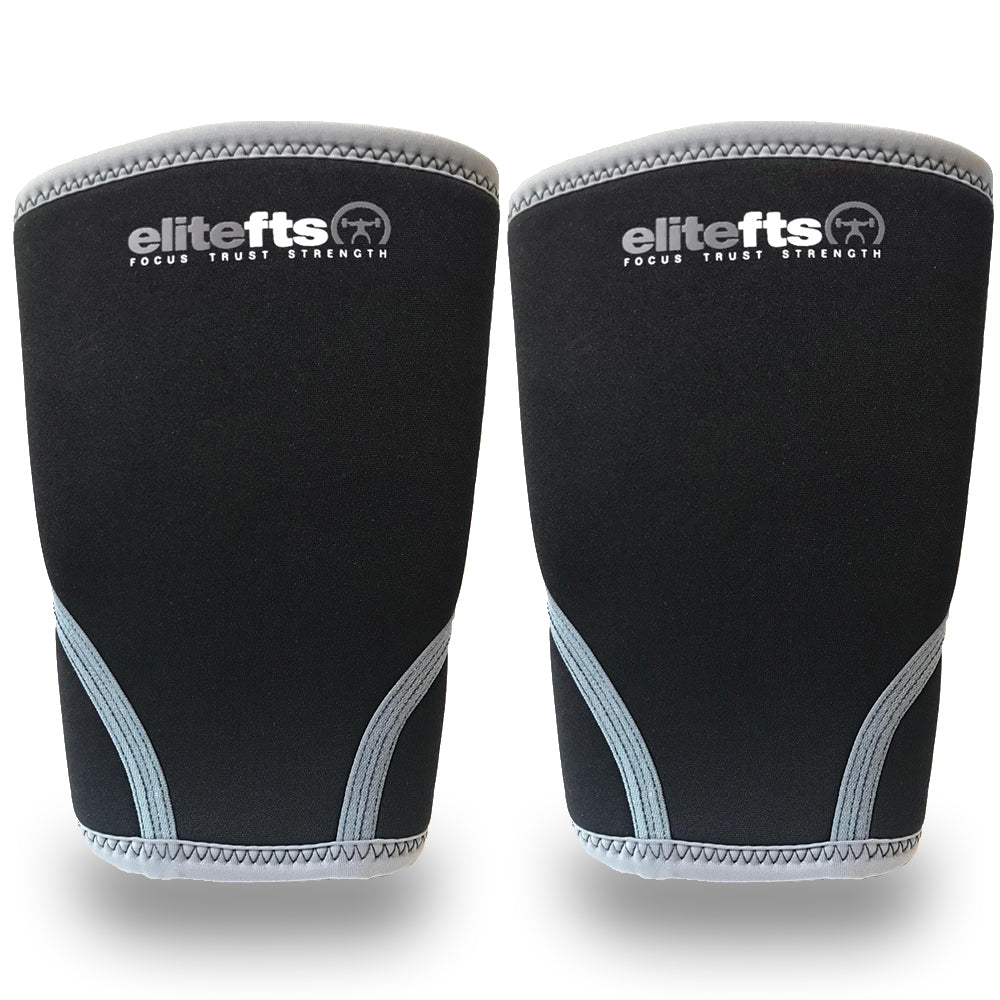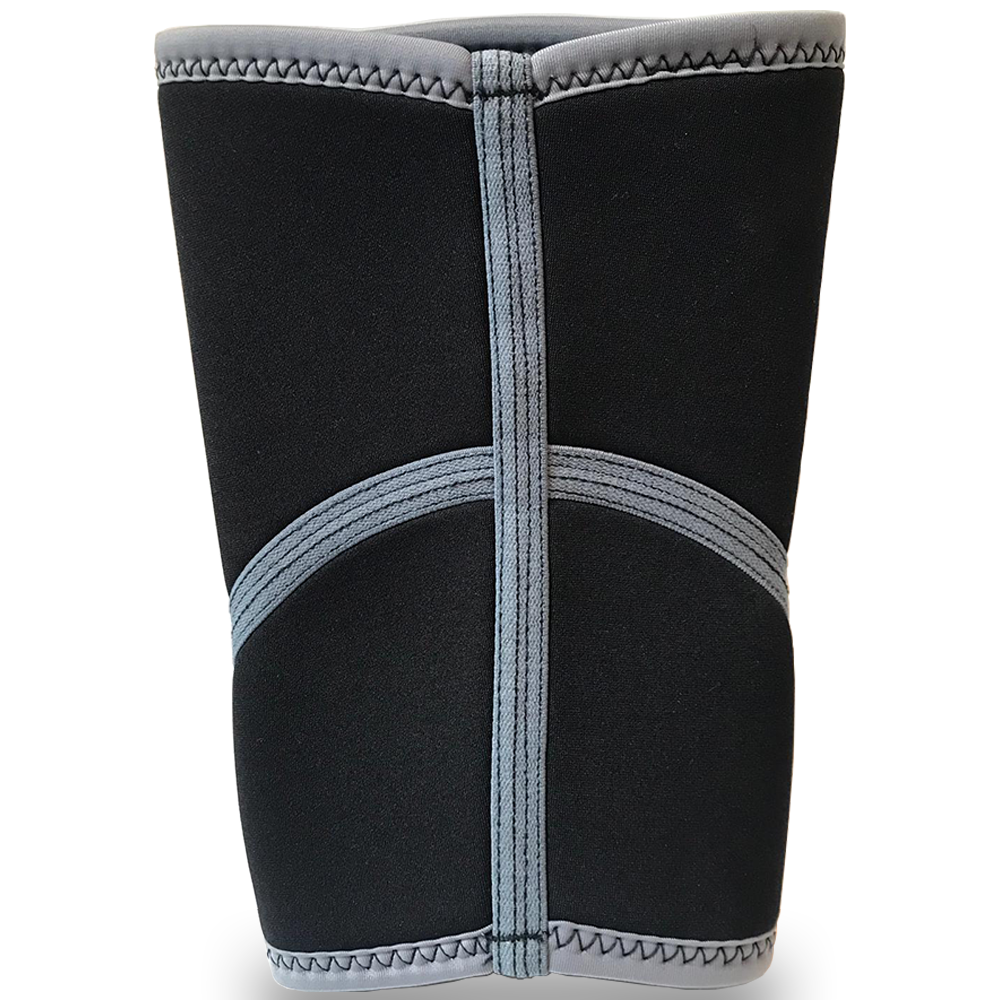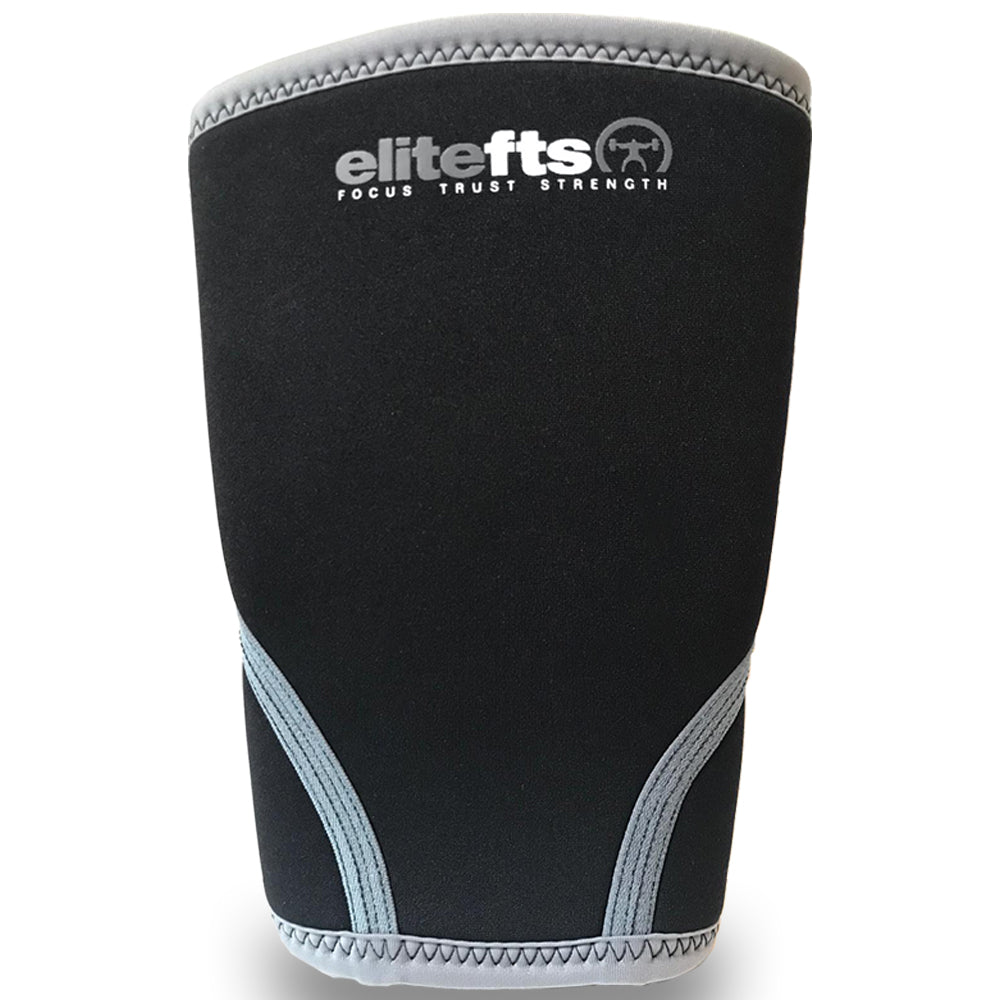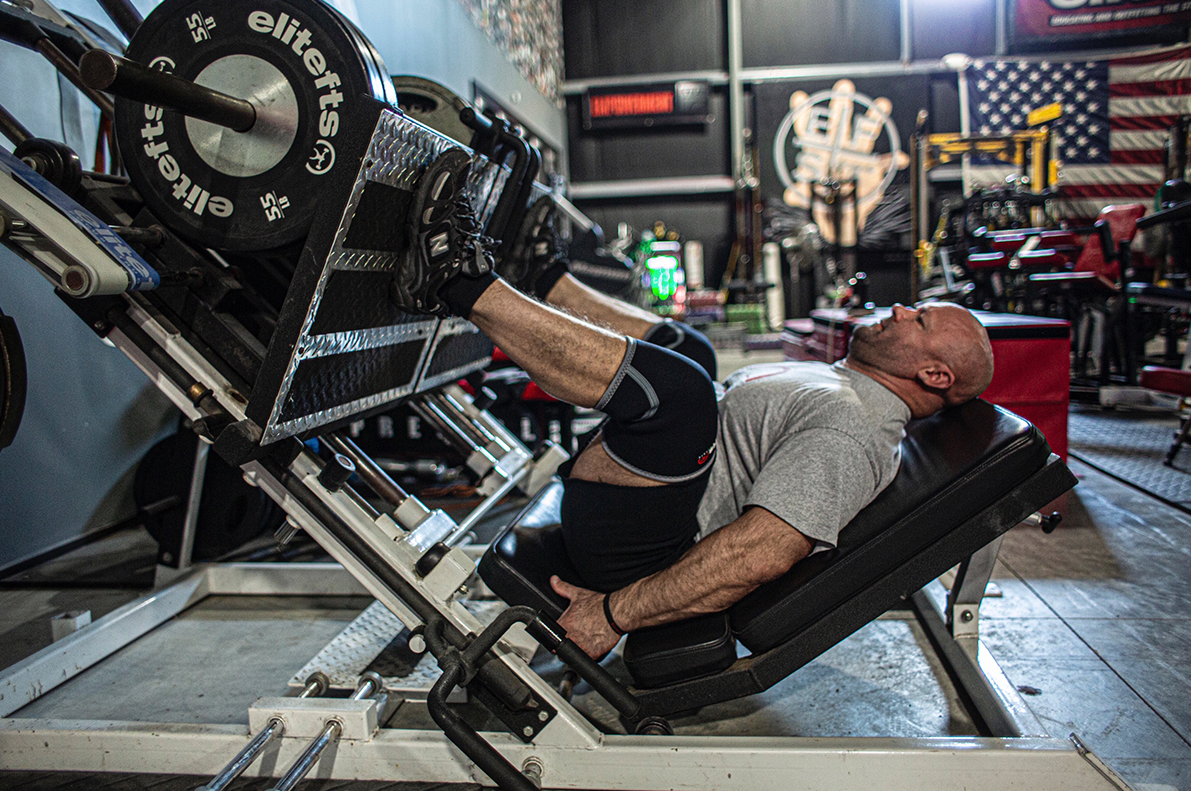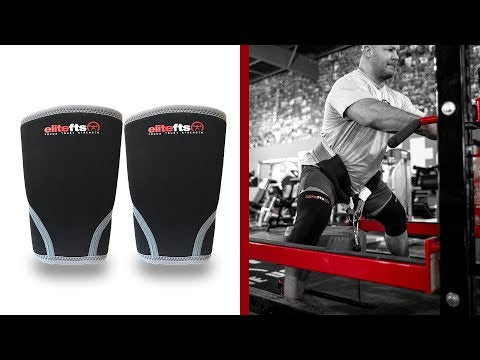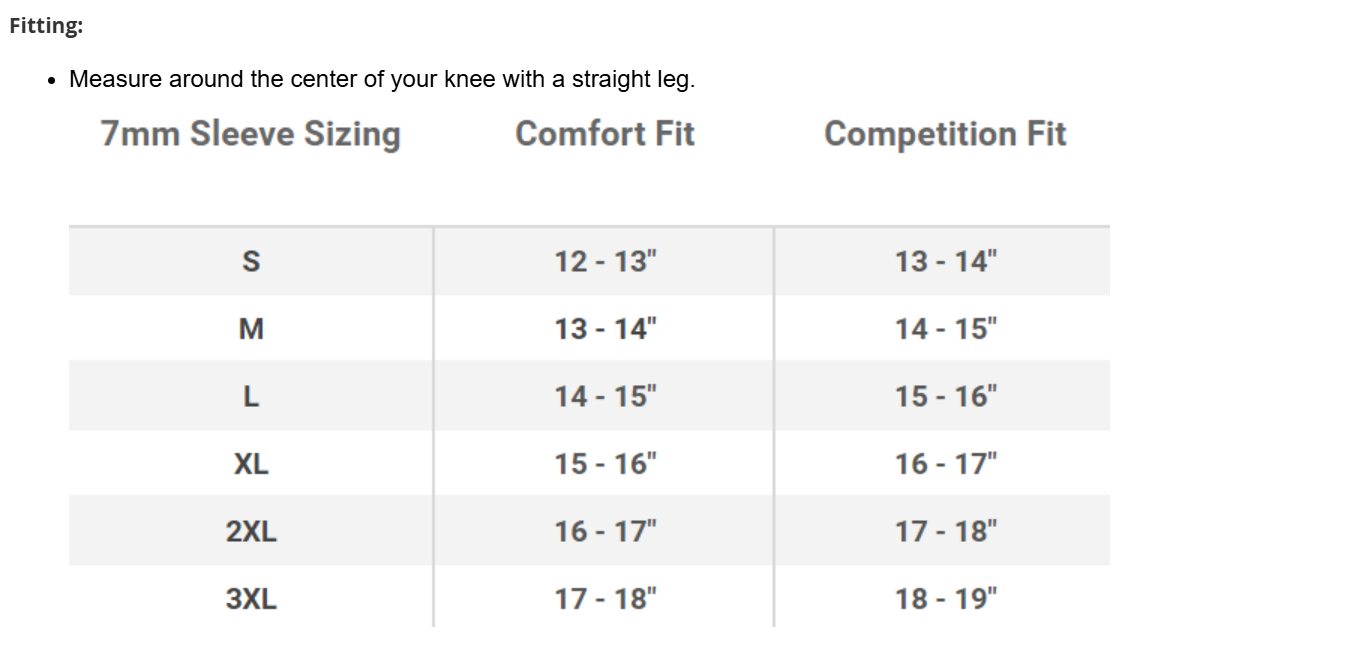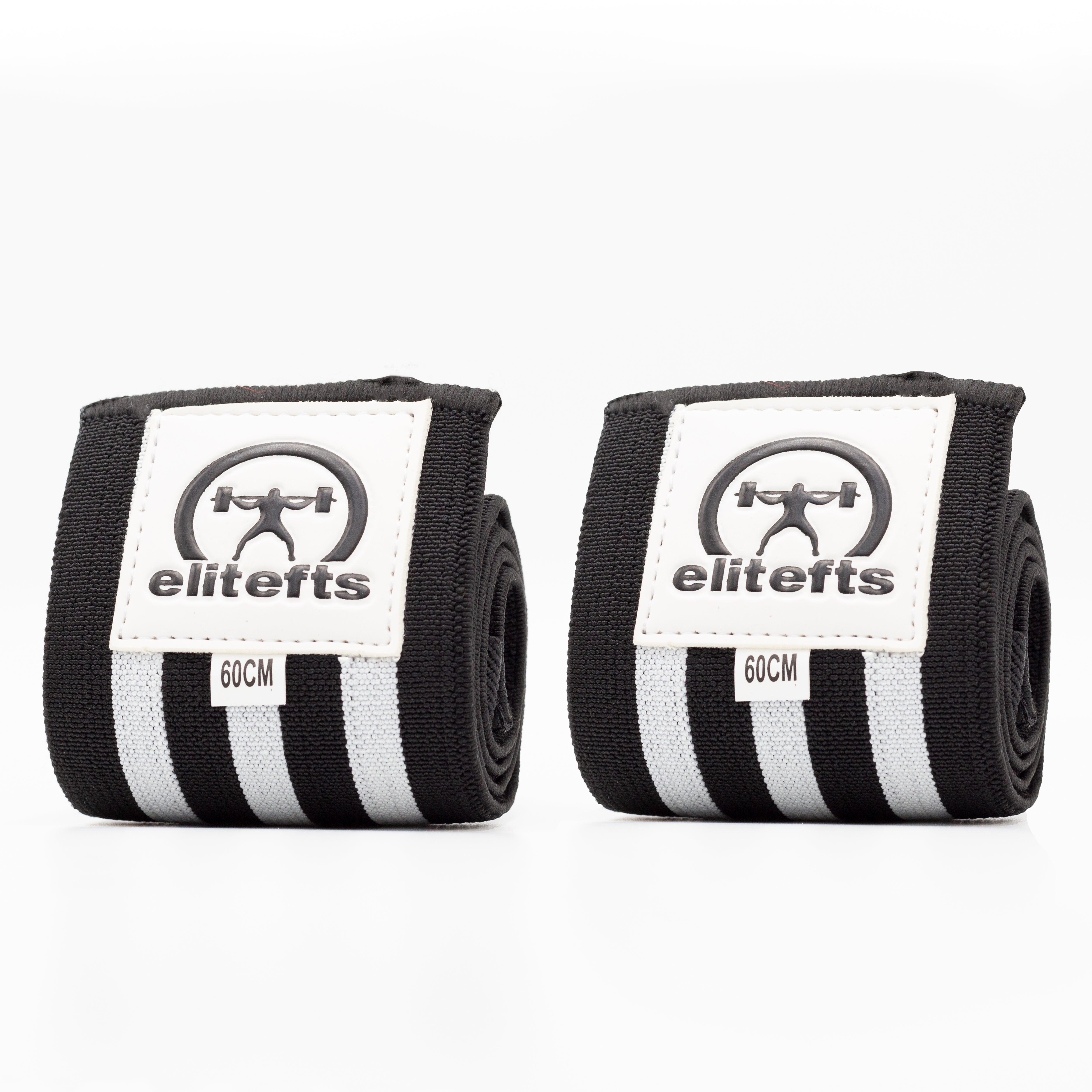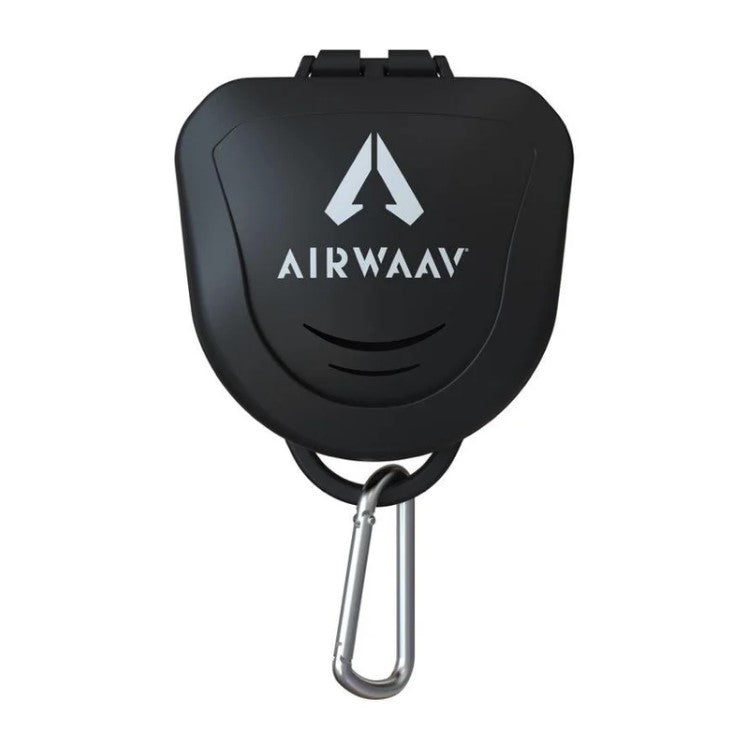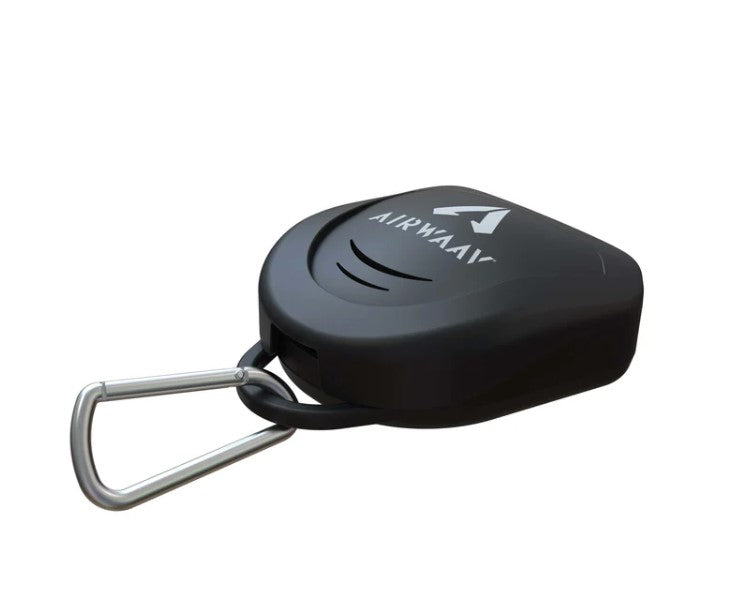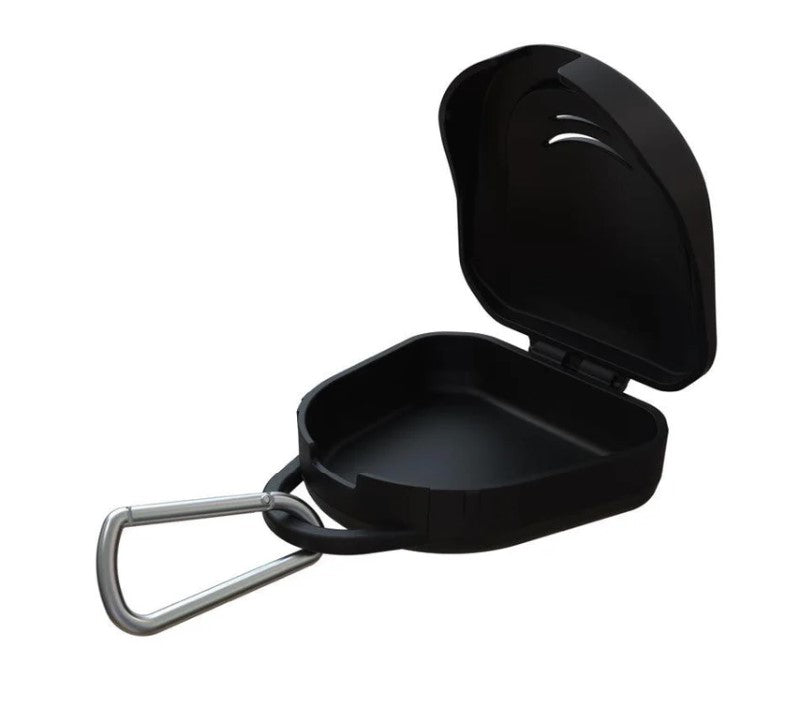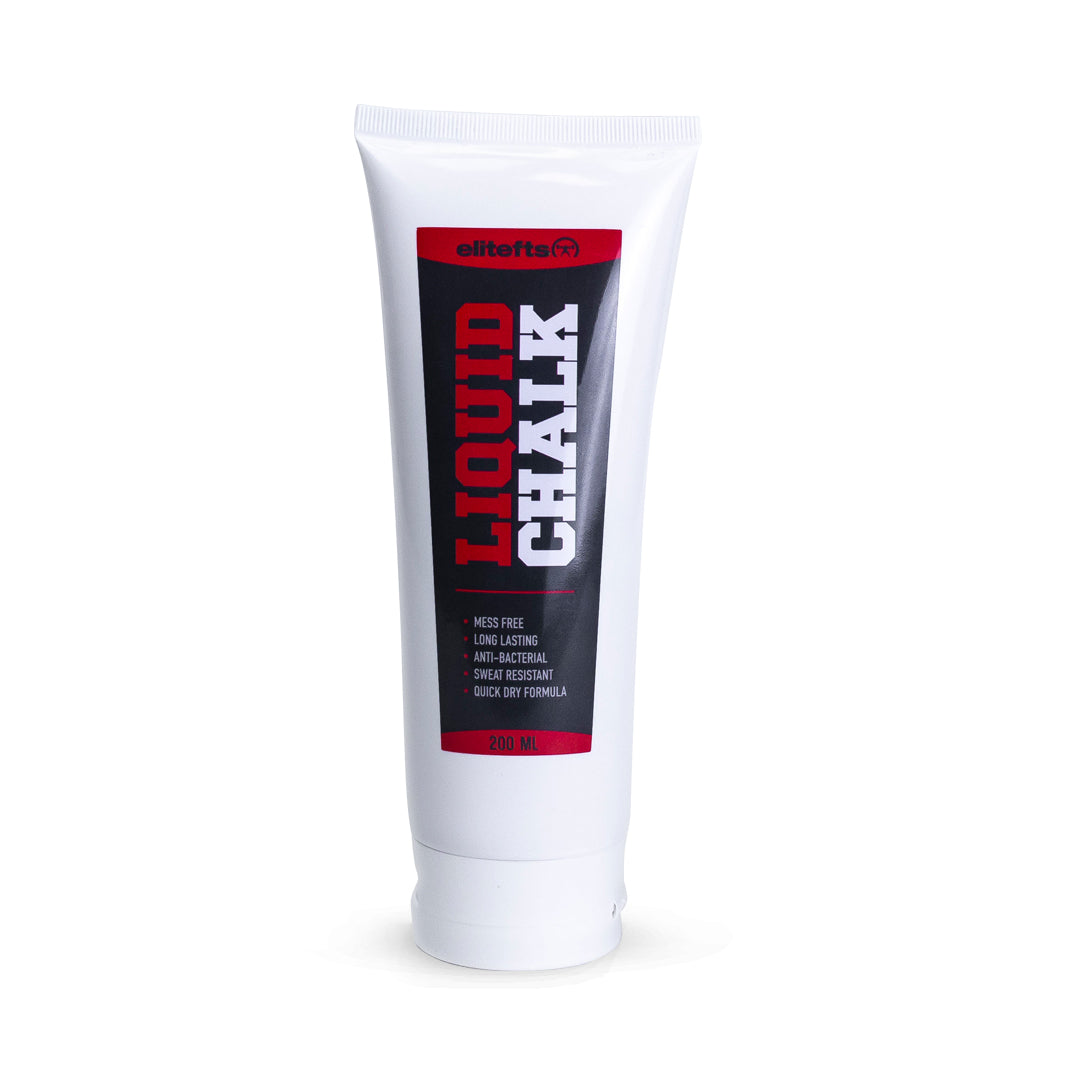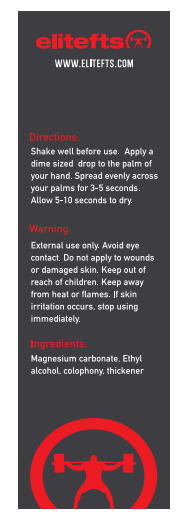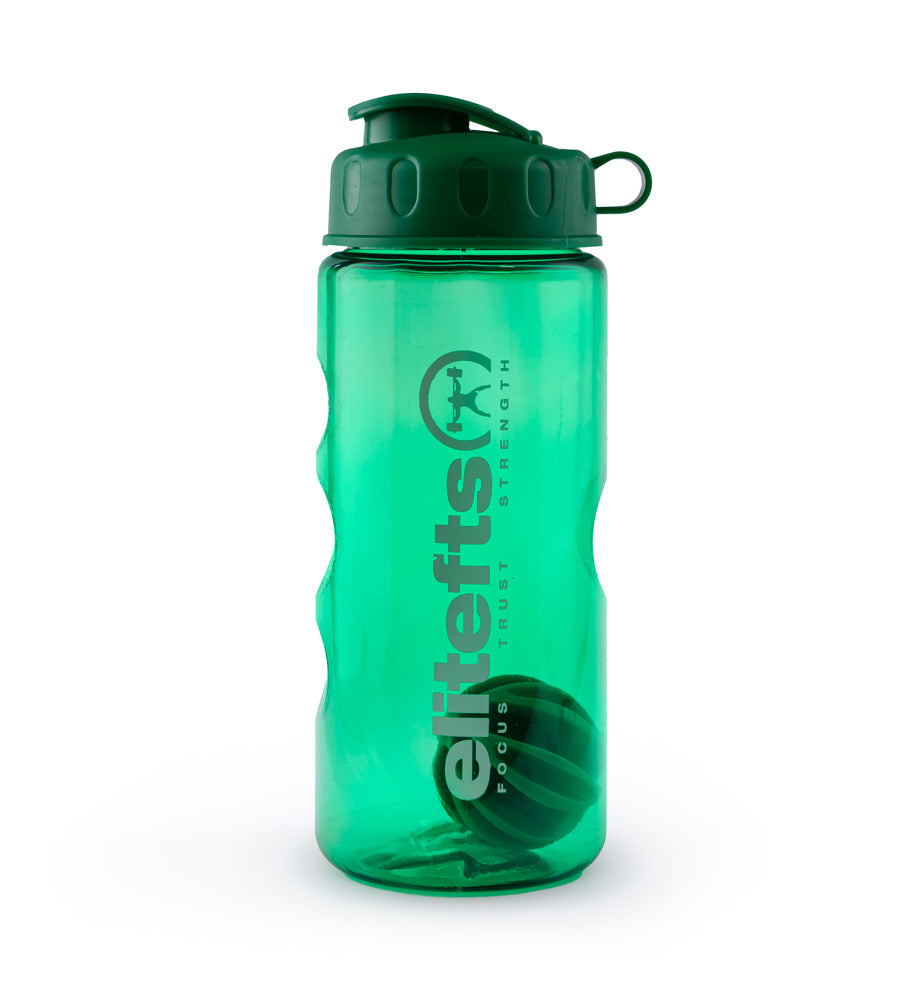
This is it. New year, new me. Cliche, I know, but needs must. I'm done with all of the behaviors and actions I've used to make life harder for myself these past thirty-seven years and, at long last, I am prepared to test my own resolve. That's right. Like most of you, I have a laundry list of characteristics about myself, which my life would probably be much easier without. So, now-now that the calendar has flipped and I've squandered yet another of the very limited — but also indefinite — sum of formularized measurement metrics of life that I've been blessed with by either god, or fate, or the universe, or chaos: I am finally ready to do what needs to be done.
RELATED: Benchipedia: Dave Tate's Free Bench Press Manual
Another chapter closed in the book of my successive life experiences, and another host of lessons learned along the way. 2018 is going to be a very different year for me. No more obsessing, poetically, about the ocean or traveling, so endlessly. No more Hunger Games-esque love life, complete with a beautiful, female cast, rotating in 3-6 month seasons, each hoping to survive and become a victor. Nope. Monogamy for me, from here on out, too. I can probably stop there, huh? Surely, wise reader, you have been able to detect my satirical tone, even without a special font. So, I won't hold you up any longer with fake resolutions. I love my life, vices and all and I'll never change for anyone but myself. That's not going to happen anytime soon. If I gave up those things, I wouldn't be Swede. Some things you can't give up without changing who you are. Ask Eminem. But clearly, I'm big on new beginnings. To that end, I will offer you some small advice about life for the new year. Feel free to pare down any area of your life that doesn't bring you joy or the feeling in your gut that you're doing what you should. If it brings you that joy and fulfillment, hold it close and never let it go. Before agreeing to change something about yourself, make sure you're one hundred percent it doesn't do that.

With that said, there is no reason in the world you can't give up sucking at bench press. No one gets joy from incompetence in the greatest lift ever. No one. That's something I can help you with. In this article, I'm going to cover some of the most common technical errors in the bench press. If the issues I describe seem familiar, they are probably costing you serious poundage from your max and possibly putting you at risk for injury. So let's start with identifying a couple of the main culprits.
No Leg Drive or Ineffective Transfer From Legs
Possibly the most confusing aspect of the competitive bench press is the concept of leg drive. Leg drive is applied under the assumption that kinetic energy can be transferred from driving the legs into the floor, during a press, and this can effectively assist the lift. I assure you this is very possible when executed correctly. In most cases, however, that's not how things pan out. The problem lies in a series of misunderstandings. The first one being that extreme lumbar extension can, in some way, help improve your raw bench press. It cannot. Here we have one of those ironic situations where we attempt to improve something and end up making it much worse for ourselves. Lumbar extension doesn't shorten the range of motion for the press. (Thoracic extension does, but that's mid-back, not lower and I'll get to that.) It also fails to help with leg drive. Lumbar extension actually makes it nearly impossible in most cases to effectively transfer energy from your legs to the bar during a raw bench press, and it can increase the likelihood of S/I joint and low-back injuries. Going far beyond neutral with the lumbar spine makes it difficult to keep the pelvis neutral when feet are tucked, and so it changes the force load at the S/I joint in a way that can cause sprains to that joint or other injuries to that area. It bears repeating that this expensive list of risks won't decrease range of motion or help with leg drive at all. The second misunderstanding is that leg drive in the raw bench press is a conscious thing which should be "turned on" when you begin the concentric portion of the movement. This is partially true. It should be turned on, but that has to happen before the bar comes out of the rack. It's reflexive. For effective leg drive to be applied, the lifter's torso should be braced, hard, with legs driven, the entire time that bar is in play. If you're doing that, leg drive will do its part. Don't worry.
Incorrect

Correct
"Losing a Shoulder"
Ideally, the scapula will remain retracted and depressed throughout the bench press. This requires thoracic extension which will reduce range of motion and simultaneously promote optimal mechanics for the press. "Losing" one or both shoulders during the concentric portion of the bench press can cause unnecessary failure on a near max attempt in nearly any range of the movement and also puts the lifter at risk for shoulder or pec injury. "Losing a shoulder" is when a shoulder blade comes untucked and protracts during the press. It can put the pec major in a potentially vulnerable and ineffective mechanical position, while also destabilizing the shoulder. It's a bad deal all around. Sometimes this can happen as a result of upper back underdevelopment or weakness, but usually it's due to an ineffective set up or improper cuing. I've made a video for the cuing system I use to solve both of the technical problems listed in this article. The cue is called "heels to traps" and I think I've done a fairly good job of explaining how to apply it here: In review, the lumbar spine and pelvis should be nearly neutral, the lifter should be full and braced and his feet should be driving him up onto his traps before the bar is un-racked. This simple checklist-style cuing system works wonders and is easy to integrate into your training. Obviously, there are other cues which can be helpful for individual needs, but simply doing what I outlined in the video can make a huge difference, in most cases, correcting the tech issues that rob the most poundage from your bench press. Hopefully, you found this article helpful and in 2018 your bench press will hit the stratosphere and you will win the lottery eleven times. If any of those things, it seems, are true, please feel free to share this on your social media. And never hesitate to reach out to me with article ideas for the future.






